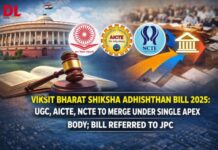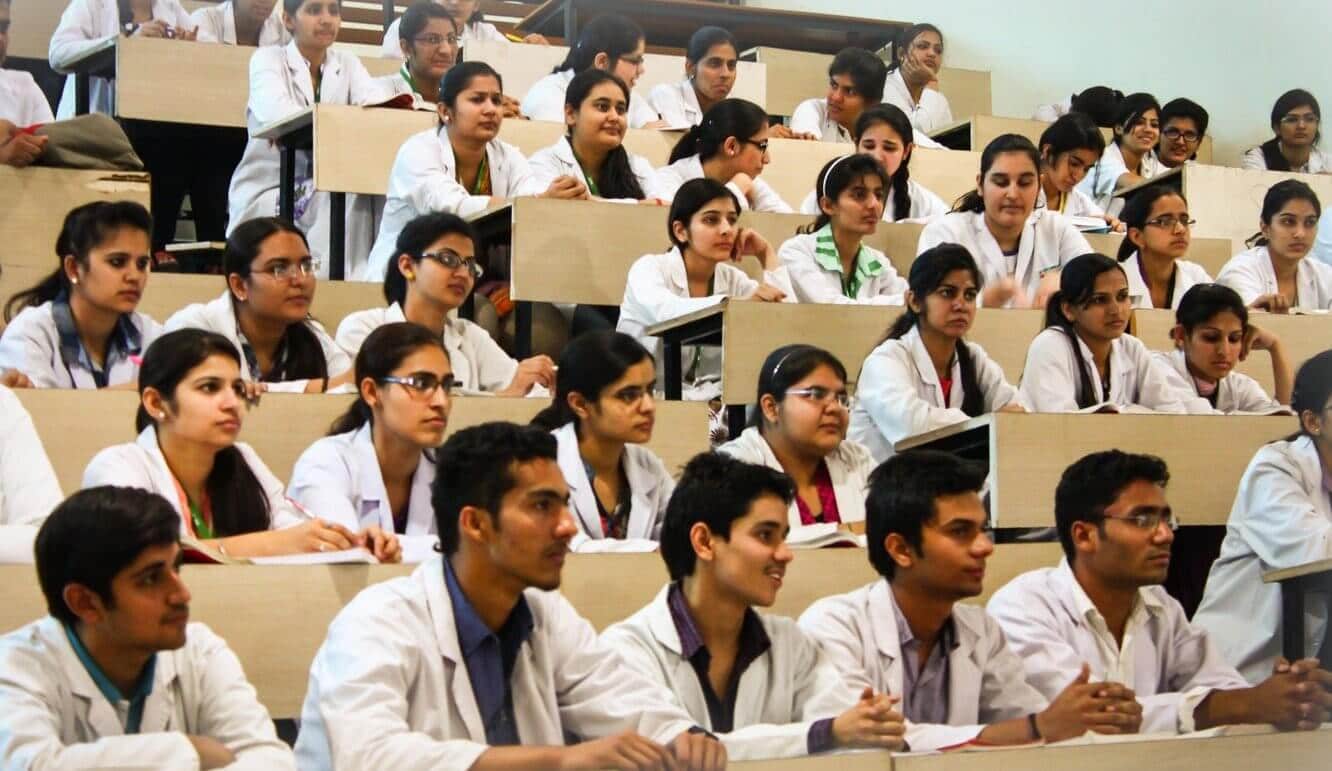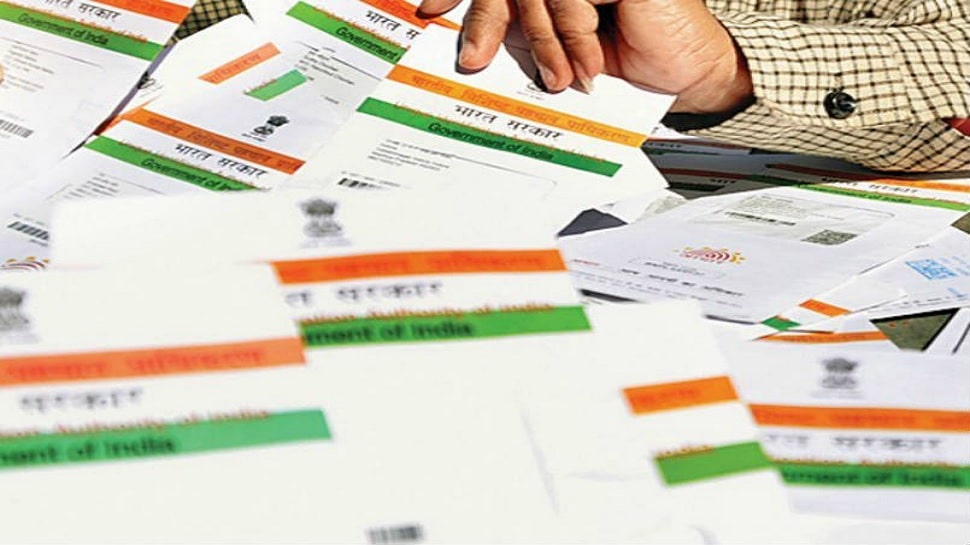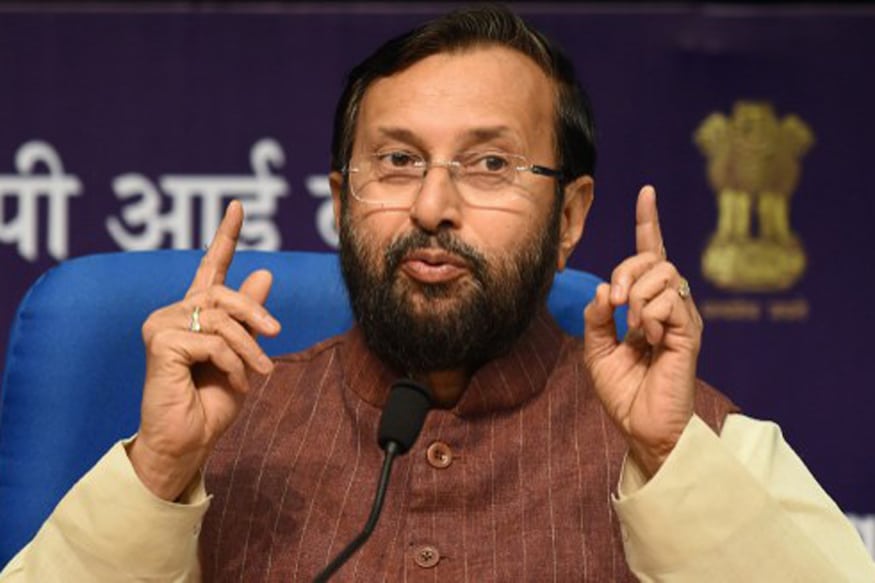The not-for-profit Australian Council for Educational Research (India) and Indiannica Learning Private Limited have announced a new strategic partnership to deliver the International Benchmark Test (IBT).
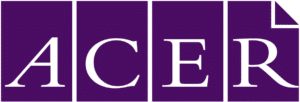 IBTs are grade-appropriate high-quality assessments developed by the Australian Council for Educational Research (ACER) to schools across India.
IBTs are grade-appropriate high-quality assessments developed by the Australian Council for Educational Research (ACER) to schools across India.
Announcing the partnership, Amit Kaushik, CEO ACER India, said, “ACER India and Indiannica Learning both represent organisations with a history of international high-quality educational research and a shared interest in student learning. As a not-for-profit organisation, our mission is to support countries and schools in improving learning, and we believe that this partnership will go a long way towards achieving that goal.”
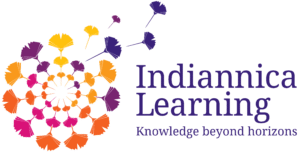 The IBT benchmarks students’ performance across schools nationally and internationally and provides reliable evidence of student progress between grades and over time. It is a skill-based assessment that measures learning in English, Mathematics, Science, and Reasoning for students from class 3 to 10.
The IBT benchmarks students’ performance across schools nationally and internationally and provides reliable evidence of student progress between grades and over time. It is a skill-based assessment that measures learning in English, Mathematics, Science, and Reasoning for students from class 3 to 10.
The IBT provides diagnostic data and a comprehensive set of reports to schools and parents that help them gain a complete picture of student performance and identify the next steps in learning. ACER has offered IBT to schools in India since 2005 and 1.8 million tests have been taken till now.
ACER India and Indiannica Learning will work together to expand and strengthen IBT’s pan-India reach, with a special focus on Indiannica’s ecosystem of over 3,000 schools. The partnership will ensure that a world-class assessment based on psychometric analysis and the work of highly experienced researchers is made available to more schools across the country.
Sumit Gupta, Managing Director, Indiannica Learning Pvt Ltd said, “At Indiannica, our mission is to enrich learners’ experiences though our varied and trusted learning solutions. In keeping with that philosophy, our partnership with ACER India will enable us to provide schools with another novel way to enrich learning experiences.”
“The IBT programme will ensure that our association with our school partners is not limitedto just assessment solutions and reporting but also assist the school in diagnostics and interventions to help students learn better,” he added.




